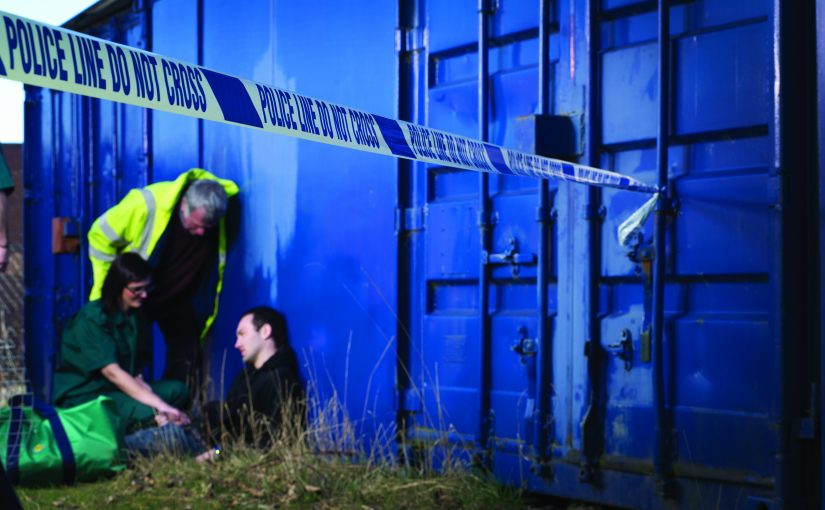Changing Minds to End the Opioid Epidemic
Using Meaningful Conversations and Partnerships to Facilitate Rehabilitation and Recovery

The 19.3 million U.S. residents facing drug addiction confront an interesting dilemma when revived from a drug overdose:
Do I agree to go to the hospital where I will wait in an emergency department hallway for the chance of speaking to someone about drug counseling? Or, assuming I want to get help, do I refuse EMS transport to the hospital and try to maneuver my way around drug counseling, health insurance, and treatment plans?
Given the two possibilities, most substance users elect the latter choice and refuse treatment, resulting in a wide gap between those who are not ready to discuss treatment and those who enter treatment. Simply put, the present approach to addressing the substance use epidemic in the United States simply does not work. Yet, with an investment of time in connecting substance users to recovery resources, law enforcement can serve as an effective entry point for those facing drug addiction and address substance users in those critical moments post-overdose when first responders have exclusive access, without overburdening emergency departments.


